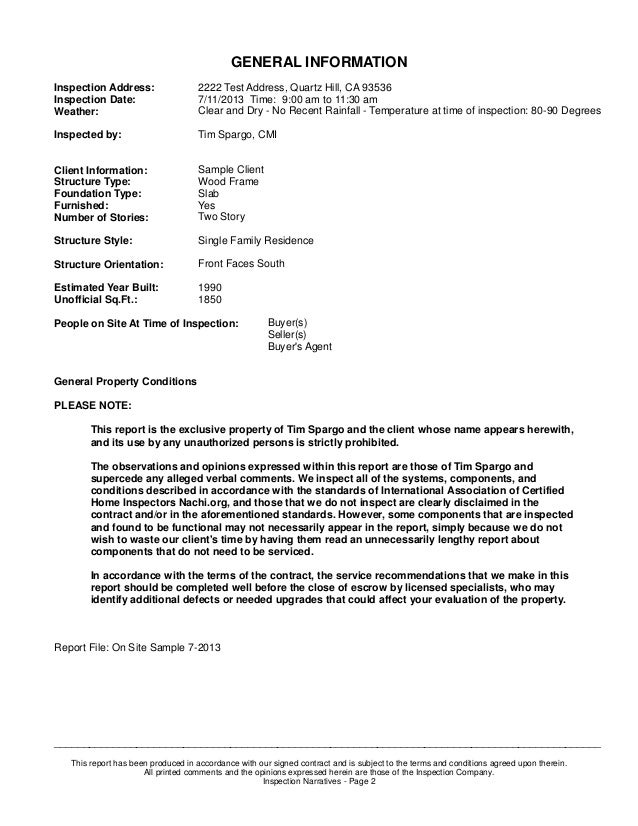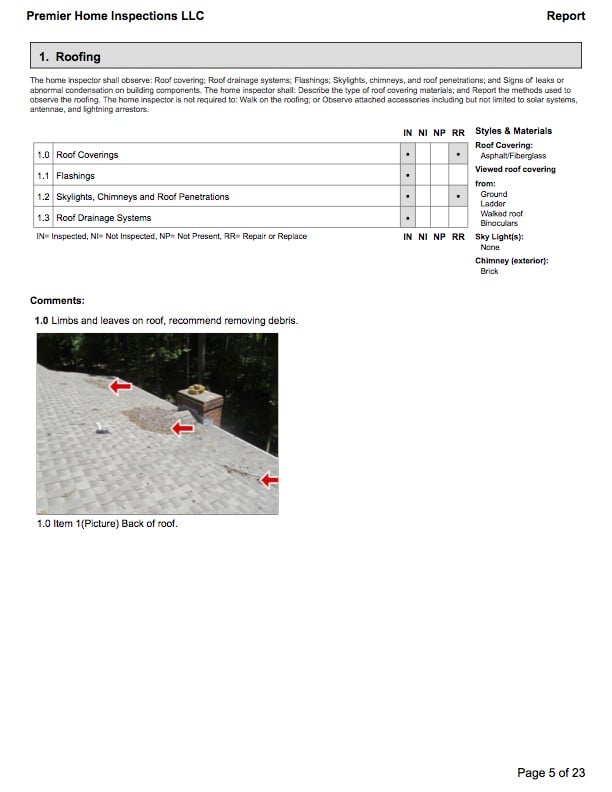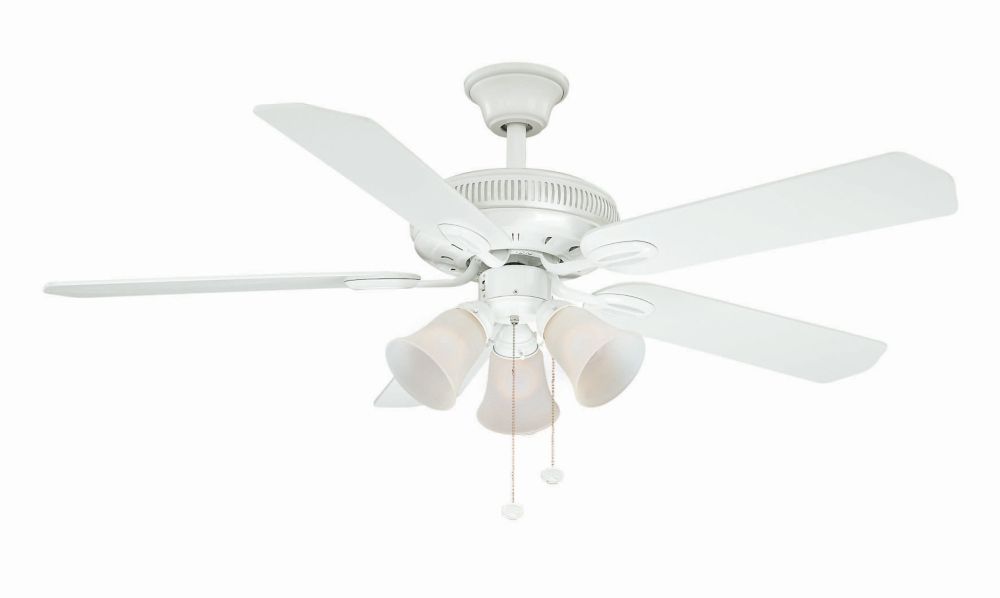Table of Content
Home inspectors are expected to go through attics, crawl spaces, closets, even rooftops in some cases, and all rooms of the house. InterNACHI has grown to dominate the inspection industry and, in addition to its Residential Standards of Practice, it has developed a comprehensive Standards of Practice for the Inspection of Commercial Properties. Today, most types of inspections from mold to fire door inspections are performed in accordance with one of InterNACHI's Standards of Practice. An inspector might have a thought or two on child-safety issues found in the home, but again, that depends on the inspector’s experience and competencies. And a home inspector doesn’t necessarily determine whether your home is compliant with local building codes.

Depending on what the home inspector reported, a buyer could drop out of the sale completely, reconsider their initial offer, request repairs or repair credit, or move forward without any action. Many people only buy a few homes in their lifetime, so while thousands of home inspections happen every day, the process isn’t well-known to most homeowners and buyers. HomeServe's Blog is your source for home maintenance and repair tips, information and news for educational and entertainment purposes only. The Blog should not be used as a substitute for a competent advice from a licensed professional in your state, reviewing your issue.
The two major parties’ first home buyer policies explained
Let this experienced Tampa Home Inspection Company help keep you from buying The Money Pit. We’ll alert you to any and all health or safety issues and maintenance needs of the home you’re looking to buy. Home inspectors are not experts in every system of the home, but are trained to recognize conditions that require a specialist inspection.

Also often included is a page explaining the scope of the inspection. The inspection contract is usually included on the website, and it should give you a good idea of what will be included in the report. The best thing about home inspections is that it protects the buyer from acquiring a property with major safety and health issues. You may also use the inspection report as leverage to request the seller to reduce the price or to undertake some repairs. The report itself is valuable because it contains a professional’s unbiased opinion about the issues they managed to uncover and how these can be addressed. Generally, the inspection report will include a checklist, outlining what is in good condition, non-working condition, and what is not present or unable to be inspected.
What to Expect from the Home Inspection Report
Before closing, almost every buyer will get a home inspection to make sure there aren’t any issues with the property. While home inspectors follow the same general format to make sure every inch of the home is covered in the report, no two home inspection reports are the same. Usually, the 5-10 business days allowed in the contract includes both conducting the inspection and requesting any repairs in writing. In a buyers market, buyers sometimes have more time, but in a sellers market, they usually have to act quickly. A page showing the inspector’s professional credentials, designations, affiliations and memberships is also often included.
A home inspection checklist can be a valuable tool when you’re selling a property. If you know what an inspector’s going to be looking for, you can sort out minor issues in advance. Years ago, when computers were expensive to buy and difficult to operate, inspection reports were written by hand.
Checking if the site connection is secure
You can have your home pre-inspected before you put it on the market, but you’ll have to cover the cost yourself and disclose the results to potential buyers from the get-go. Sellers are often caught by surprise when a buyer’s inspection report comes back with a long list of repairs, even if the home isn’t very old. Here are some of the most common major issues that come up during inspections.

And it is a good idea to include InterNACHI'sNow That You've Had a Home Inspectionbook. And it is a good idea to include InterNACHI’sNow That You’ve Had a Home Inspectionbook. And it is a good idea to include InterNACHI’s Now That You’ve Had a Home Inspection book. In the early years of the home inspection industry, home inspection reports consisted of a simple checklist, or a one- or two-page narrative report. Home inspections typically run about $300 to $500, which includes the visual inspection and the written report. Typically, the cost of a home inspection comes out of the buyer’s pocket.
► Home Inspections ► Septic Inspections ► Well Inspections
And the shorter that list, the better the chances of your sale closing without quibbles. Some certified home inspectors offer additional services such as radon testing and will recommend asbestos testing for homes that are suspected to be at risk. Today, most types of inspections from mold to fire door inspections are performed in accordance with one of InterNACHI’sStandards of Practice.

Do you have to hire a professional or can you DIY the repairs? It depends on what your buyer requests, the type of repair, and your own skill level. If you’ll be taking care of the repairs, you’ll want to get at least three quotes from reputable contractors.
Unfortunately, unless you pay for a pre-inspection, the buyer is the only one who receives a copy of the home inspection report. However, since the buyer will use statements in the report as leverage for negotiations, they’ll often provide a copy of the section to support their requests. Once the inspection is complete, the buyer will receive the report and determine their next move.
The inspector will walk you through the house and show you areas that need to be looked at. At this point, you'll be able to talk to your real-estate agent about the concerns you need to address with the seller. The client who wants the report pays for the inspection, whether it is the buyer, seller, investor or homeowner. Anyone who wants to see your report should have to get your permission first. Home inspections focus on safety, improper installations, leaks, water and moisture damage, deterioration and wood-destroying organisms, as well as system components not functioning like they should.
Make a point of hiring the best inspector you can, reading the home inspection report thoroughly, and weighing any issues with the property carefully before making an offer. Instead, they will include a recommendation for further inspection, likely by another inspector who specializes in the area where there is reason for concern. Using the heating system as an example, the report should indicate that the heating system was inspected. There should be notes about all of the major components of the system. In the case of a forced-air heated house, this would include the furnace itself, as well as the ducts, registers, and thermostat. If there are any issues or defects, these should be clearly noted, along with suggestions on how to correct them.

How long does it take to get a home inspection report, and what’s included? The BrickKicker is here to guide you through what to expect and what to look for in your home inspection report. After the American Society of Home Inspectors was founded in 1976, all of that began to change. InterNACHI has created not only standards for residential home inspections and home inspection reports, but also a similar set of standards for inspections of commercial properties. Even if the seller offers to share their home inspection report or claims the house is pre-inspected, you'll want to arrange your own inspection so you can vet the inspector yourself.
Different inspectors would include what they think is necessary. Many liability issues and problems with the inspection process are due to misunderstandings about what was to be included in the report, or about what the report says. In the inspection business, phrases that describe conditions found during an inspection are called “narratives.” Narrative reports use reporting language that more completely describes each condition. Before your inspection day, you should also get a seller’s disclosure statement, which will help you identify any additional issues you want your inspector to look at.

You’ll want to prioritize repairs that are a safety concern or legal issue. Occasionally , buyers may waive their right to an inspection in order to make their deal more appealing to the seller. In addition to a home inspection, as a homeowner, it might be a smart move to have a home-repair plan from HomeServe. When you're prepared with a plan and a breakdown occurs, HomeServe sends a local, licensed expert technician to your home to fix the problem.















